In December 2010 I posted the Top 10 Grammar and Spelling Errors from 2010 and got a record number of hits on my blog and “likes” on facebook.
In the past year as The Essay Expert, I’ve collected a new batch of errors. I did repeat a couple of things from 2010 that were so persistent I just had to repeat myself!
I write these lists in the hope that people will implement what they learn and produce better essays, better resumes, and overall better written materials. Improved writing gets results when it comes to obtaining jobs, getting into school, landing new clients and keeping the customers you’ve got. So read up!
Here’s a note from one of my loyal readers, Christine, who requested that I mention this common mix-up:
“Advice is a noun. An example would be: ‘Brenda provided very useful advice regarding spelling errors.’
Advise is a verb. An example would be: ‘Brenda can you please advise your readers about similarly misused words?’”
Thank you Christine for your contribution to my yearly list!
9. Your vs. You’re
You’re is a contraction for “you are.” If you’re using the word to mean “you are” (2 words), write it as a contraction. E.g., Do you know that you’re about to miss the 5:00 train?
Your is a possessive pronoun. E.g., Your train is leaving in 2 minutes.
8. Tenet vs. Tenant
Even our president messed this one up. A tenet is a belief or ideal of faith. Tenants rent from landlords. See The President Makes Grammatical Errors Too.
7. Sign up vs. sign-up
I see this one on the web all the time and it drives me a bit batty. Sign up is a verb. Sign-up is an adjective that modifies a noun like “form” or “sheet.” Correct: “Sign up here for news and updates” or “Go to our sign-up page to register.” Incorrect: “Sign-up here for news and updates” or “Go to our sign up page to register.” For similar examples of proper (and improper) use of phrasal verbs, read my article, Check out this Phrasal Verb Breakdown.
6. Everyday vs. Every day
I wrote a whole article about this one too: Common Grammatical Errors: Everyday vs. Every Day. Everyday is an adjective meaning “common” or “day-to-day.” As I’m sure you know, people make everyday grammatical errors every day.
5. “This” without a referent
Make sure that if you use the word This to start a sentence, you help your reader understand what you’re referring to! The best practice is to use a referent after the word This. Incorrect: This will ensure your sentences are understood. Correct: This practice will ensure your sentences are understood.
4. Verbage
Verbage does NOT mean “words”! Although the OED does have an entry for “verbage” as a “rare alternate spelling of verbiage,” Merriam-Webster does not even acknowledge the existence of the word. Verbiage, often misused as well, means excess language. The jury is out as to whether the phrase “excess verbiage” is redundant—but I’m sticking to it.
3. Apostrophes (that’s not apostrophe’s!) to make plural nouns
With some exceptions which I won’t go into here, plural nouns are formed by adding an s or es to the singular form of the noun–NOT by adding an apostrophe! The plural of parent is parents; the plural of computer is computers; and the plural of Wednesday is Wednesdays. No apostrophe needed! Conversely, possessives ARE formed by adding an apostrophe s. To speak about an author’s intent, for instance, use the apostrophe s.
2. Myself
Think for a few seconds before you use the word myself in place of me at the end of a sentence. A sentence like “George was speaking to my friend Lucy and myself” is grammatically incorrect. Replacing me with myself has become common, perhaps as an attempt to avoid using the word me. Think about it. You would say “George was speaking to me” so just say “George was speaking to my friend Lucy and me” — NOT “George was speaking to my friend Lucy and myself.” The parts of speech don’t change just because another person was added to the sentence!
1. Comma splice
I can’t tell you how often my clients string two full, complete sentences together with a comma. This error is called a comma splice. (See Writing Tips: How to Use Commas and Semicolons Part 2.) Here’s an example: “Simply observing my surroundings was not enough for me, I needed to know how things worked and why they worked in that specific way.” The correct way to punctuate this sentence is “Simply observing my surroundings was not enough for me; I needed to know how things worked and why they worked in that specific way.” Two full sentences should most often get separated by a period or a semicolon; do NOT use a comma!
I look forward to your comments and “likes.” Best wishes for a grammatically correct 2012!
– Brenda



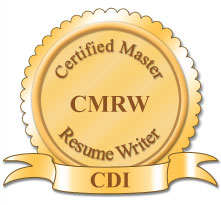
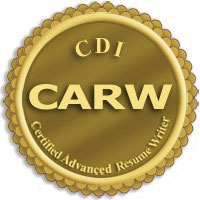
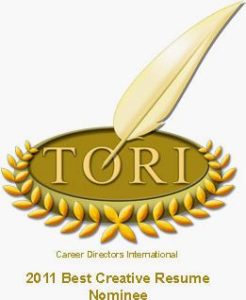
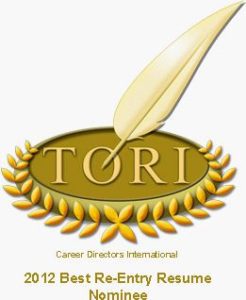
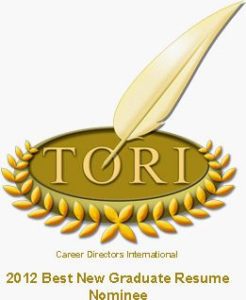
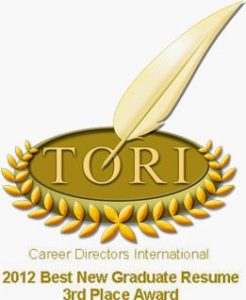
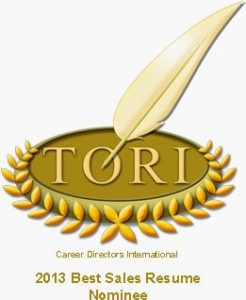
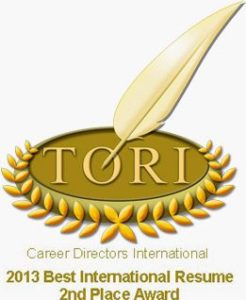
Thank you so much for this article. Writing (and speaking) correctly is so important. Question: Verbiage-I do use this when talking about words or language. What do you use instead (if you don’t want to use “words’ or “language”)? Example: The verbiage of the document was very clear. Thank you for your expertise.
Thank you for your question Kimberly. In your sentence, I would say The meaning of the document was very clear, or The document was very clearly written, or The language in the document was very clear, or The author used very clear language in the document. I’m sure there are many other choices as well!
You have helped me so much this year. You have cleared up many of the mistakes that I had made for years. Thank you for this and all your other posts.
You’re welcome Ann! Glad to be making a contribution!
Thanks for the comment Joan. To me, “George was speaking to my friend Lucy and me” sounds nicely informal, as well as grammatically correct!
How about misuse of the word “I” as in “George was speaking to my friend Lucy and I?” More and more often, I seem to be hearing the pronoun “I’ used in place of “me.” On occasion, even I get confused as to what is now considered correct grammar.
Thanks Penelope. I covered that one in last year’s list so let it be this year 🙂